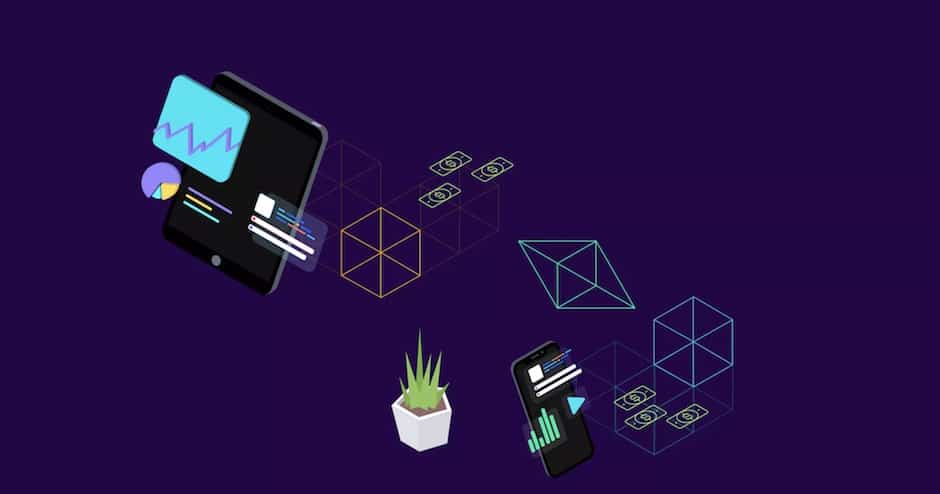
In the food sector, blockchain tech is well on their way to becoming the great technology to set the rights on. That’s because they enable and simplify the exchange of data among individuals and could massively influence the supply chain. How do they really work? What are the particular benefits for the food industry?
Blockchain Technology and the Food Sector
Blockchain technology can be utilized to enhance the quality and traceability of products by offering dependable data about their status and origin. The goal is to offer food products with enhanced freshness to put the minds of the consumer at ease. To do so, a blockchain depends on three fundamental principles.
Blockchain Technology within the Food Industry: Perks All Around
Along with the implementation of the blockchain, every actor involved in the food supply chain can have authorized access to dependable information on the status and origin of food products. Apart from that, each of these actors has more to gain.
For instance, XinFin is a hybrid blockchain technology that offers accessibility and transparency of public blockchain shared with security and scalability of the private blockchain. You see, the XDCE platform aims to establish a strong application deployment layer within their blockchain network.
In the supply chain industry, the development of blockchain technology is a genuine godsend. Apart from making sure secure data and traceability, this technology supports collaboration among the links of the supply chain. It also offers a way to regain the trust of consumers and avoid the food sector from being humiliated by new food scandals.
Get the latest Crypto & Blockchain News in your inbox.